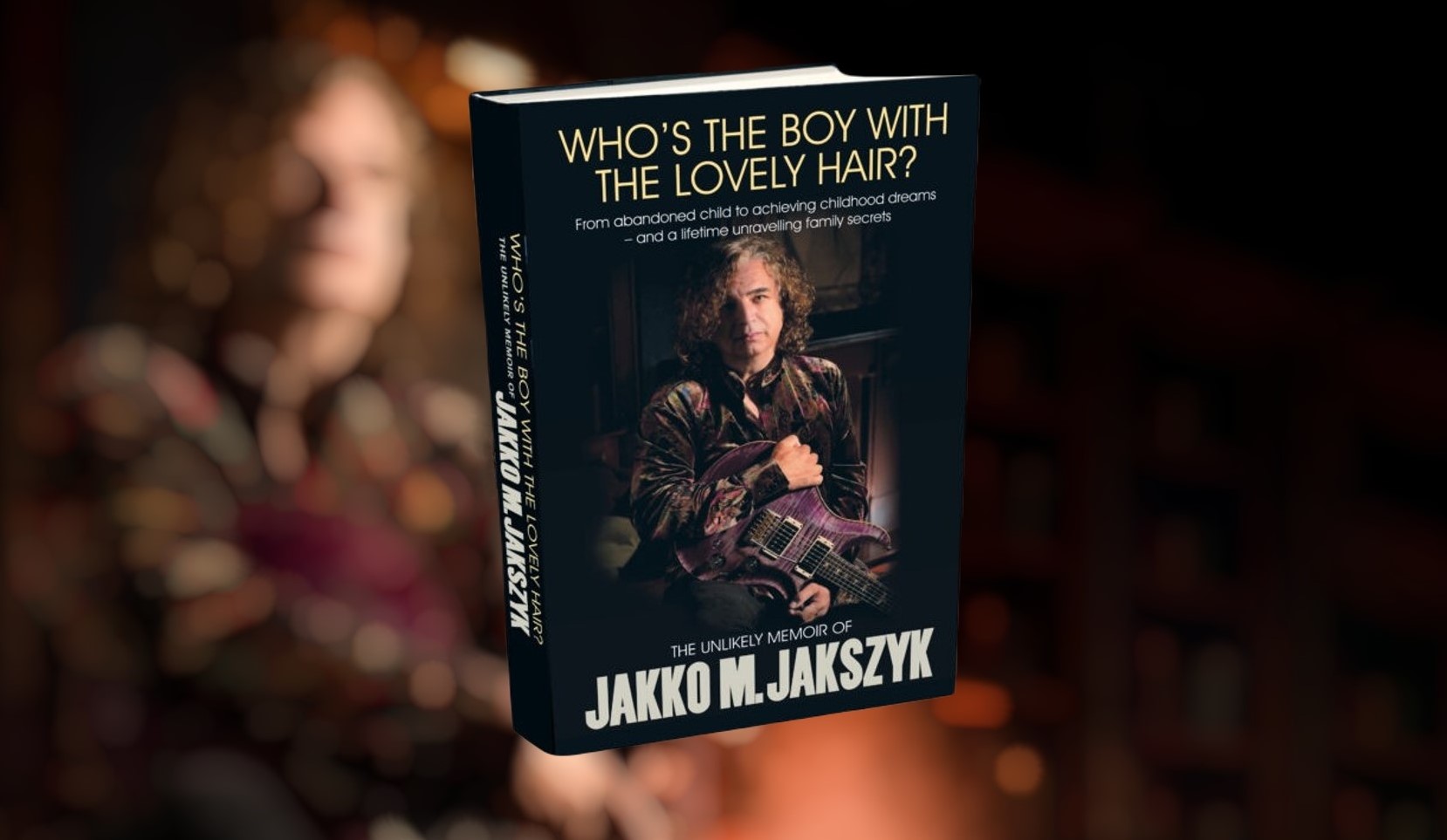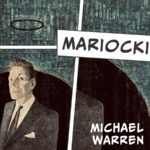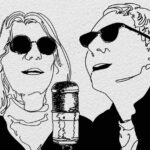
In a longer Strange Brew interview covering his new memoir, Who’s The Boy With The Lovely Hair?, Jakko Jakszyk, lead vocalist and guitarist for King Crimson, opens up about the possibility of new music. While the future remains uncertain, Jakko hints at unreleased material and studio sessions that may lead to something special.
Joining King Crimson must have been extraordinary, given that they were one of your favourite bands growing up. It must have been a special moment being on stage with Robert.
Yeah, of course. I’d been around the Crimson orbit because I’d done this thing called the Schizoid Band, which was ironically everyone in the band apart from me being in King Crimson. They were playing the older repertoire that the current band didn’t play. We’d been rehearsing, and it had been tricky—some difficult personalities and politics going on. Then one morning the phone rang, and it was Robert Fripp, my childhood hero, whom I’d never spoken to before. He said, “Jakko, it’s Robert Fripp here. How are rehearsals going?” I said, “If I’m honest, Robert, they’ve been three of the most unpleasant weeks of my life.” To which he replied, “Yes, I thought that might be the case.” So, he became this sort of personal King Crimson Samaritan, and that’s how I got to know him.
I asked him to play on my solo record, and he’d already created this other thing, so he ended up on two tracks, one of which we co-wrote. Then he asked me to come and improvise one day. We sat in the studio all day, him with this huge rack of equipment that he calls the Solar Voyager—this amazing rack of stuff and all these volume pedals. At the end of that particular session, he handed me a box, and I said, “What’s this?” He said, “That’s everything we’ve played and recorded today.” I said, “OK, what do you want me to do with it?” He said, “I’m sure you’ll think of something.” That eventually became the album A Scarcity of Miracles, where I kind of wrote songs around the improvisations. Then we got Gavin to play drums, Tony Levin to play bass, and Mel Collins. In essence, that became the basis of the next King Crimson, although that was never officially said. Then one evening in September 2013, the phone rang, and it was Robert. He said, “I’ve decided to reform King Crimson. Would you like to be the lead singer and second guitarist?” Wow. The 13-year-old in me just shat himself! [laughs] It was just mad.
When we last spoke four years ago, I don’t think you’d played shows post-pandemic with King Crimson at that point. You were one of the first British groups to tour the States.
Yeah, we were the first British band back into America post-COVID, and it was weird. What was particularly strange was how politicised the virus had become. The Republican states, on the whole, weren’t taking any precautions—they weren’t wearing masks, and there was a strong anti-vax sentiment. We started off in Florida, so we were rehearsing there and playing shows in Florida. We were quite keen to get out of there. The shows were great, and the audiences were great, but the general vibe just felt odd. We ended up in Colorado on the West Coast, and it was a strange time. For the first time, we were all on tour buses, trying to maintain this bubble. There were no aftershow get-togethers. Well, there was one in LA because the members of Tool seemed to have managed to get the backstage bar open! But other than that there was no aftershow parties.
Other than your memoir, what projects are you focusing on now?
I co-produced an album, Netherworld, with Louise Patricia Crane, which I heartily recommend and advise anyone to check out. Tony Levin is on it, Gary Husband plays drums, and Mel Collins is also featured. It’s a really interesting record, and she’s very talented. I’m now making a second solo record for Inside Out, and we’ve been recording studio versions of all the new Crimson stuff. Does that mean there’s going to be another King Crimson album? Who knows? These tracks may come out in dribs and drabs; they might be released as an album, or they may not come out at all. It’s got nothing to do with me, but at least we’ve recorded them.
Is that new material or tracks you played live?
Some of it we played live, but it’s the new material that we performed live. So it’s three or four songs that I co-wrote with Robert and some instrumental pieces that Robert wrote. Who knows?
I’ve just finished doing the Dolby Atmos mixes for the re-release of A Scarcity of Miracles, which has loads of previously unheard material on it. Because of the nature of how we made it, there are many alternate takes of different instruments. Gavin plays drums on one track where there weren’t any drums before, and there’s one track that has various overdubs as well. So it’s a significant alternate take on the whole record. I’ve just finished that, and that’s enough for the minute. More than enough.
What do you think people will take away from Who’s The Boy With The Lovely Hair? As you’ve pointed out, it covers a lot of ground.
On the one hand, it’s the story of this young kid who falls in love with music. It’s an escape and a way of making sense of his life. It’s a story about this kid who ends up working with virtually all of his childhood heroes, which is an extraordinary thing in itself. But at the same time, it’s about identity and adoption and what that means and what it does to people, and how this weird, complicated tale started to unveil itself to me. Throughout it, I keep thinking, “Oh, I know now what happened,” and then I don’t, and then something changes, and the very ground beneath your feet seems to move because it’s all changed again. I hope people will see it as an entertaining read; there are some funny anecdotes and extraordinary tales of me meeting unbelievably mad people.
Further information
Full Strange Brew written interview
Jakko Jakszyk – video interview
Who’s The Boy With The Lovely Hair? The Unlikely Memoir of Jakko M. Jakszyk order now
Jakko Jakszyk – Strange Brew Podcast Part 1, Strange Brew Podcast Part 2




